‘We can’t let the Islamists win’
Qanta Ahmed on what the Boris/burqa storm reveals about the rise of Islamism.
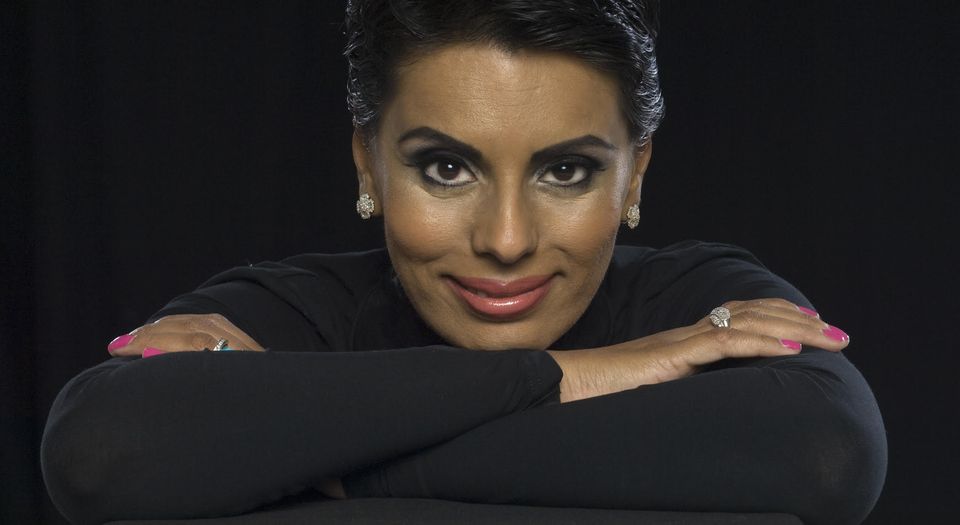
Want unlimited, ad-free access? Become a spiked supporter.
Last week, Boris Johnson’s Telegraph column on the burqa led to calls for his resignation, a party investigation and even an intervention from the police. Boris’s critics claimed his remarks comparing burqa-wearing women to ‘letterboxes’ were Islamophobic. But Qanta Ahmed, a British Muslim, disagrees. A practising doctor, columnist and author of In the Land of Invisible Woman, she argues that the burqa has no place in British society and even goes further than Johnson, calling for a ban. spiked caught up with her for a chat.
spiked: What made you decide to defend Boris Johnson?
Qanta Ahmed: The hysteria of this case is based on the idea that the remarks were an attack on a religion – and that’s not true. I’m opposed to the burqa because it represents the influence of Islamism, not Islam. Islamists want to make this marginal practice the main face of British Islam. In fact, there are millions of women who dress like me, without covering their hair or face. My mother dresses like Queen Elizabeth in her silk scarf. Queen Rania of Jordan dresses like Angelina Jolie – that’s completely normal for a Muslim woman. Islam is ethnically and ritualistically diverse, there are 1.6 billion of us. There’s no one unifying way of appearing Muslim. Islamists are trying to claim that the niqab is a religiously sanctioned form of dress, that a woman cannot be a Muslim without it. Is every woman in a niqab an Islamist? Probably not. But it shows how influential Islamist thinking is if people want to adopt this style of dress.
spiked: Are you concerned that ‘Islamophobia’ is being wielded to shut down debate?
Ahmed:There is real hypocrisy in that the fundamentalists exploit Britain’s pluralism by saying you have to tolerate the face veil. If not you are intolerant, racist and Islamophobic. But this pluralism never extends to our ability to speak about them.
I would recommend reading Bassam Tibi, Stephen Schwartz and Pascal Bruckner, particularly his essay ‘There is no such thing as Islamophobia’, to understand how the idea of Islamophobia has become popularised and institutionalised. It really starts to emerge forcefully around the time of the Iranian Revolution in the 1970s. The Islamic Republic used it to deter criticism. Nowadays it has huge political power to it. The Organisation of Islamic Cooperation (OIC), a large amalgam of Muslim states, has been repeatedly tabling resolutions in the UN to make Islamophobia a crime under international law. People like Hillary Clinton have supported them. But firstly they are privileging one religion above all others. Secondly, they privilege a version of that religion expressed by the most fanatical Islamist states in the world today.
You can see how this thinking has now taken over British public space. As soon as you start to have any conversations like the one we’ve been having over the last two weeks, it is somehow Islamophobic and racist. Even though these conversations are not technically illegal, the notion of Islamophobia has been very effective in closing them down. In reality, Islamism is not a religious faith. It is a totalitarian political ideology which disguises itself as one. Now they say when you ridicule Islamist practices you hurt our feelings, this is Islamophobia. There is a great deal of momentum towards criminalising it. And most politicians, as you saw with the response to Boris Johnson, are on board with this, or are at least afraid to enter the debate.
The other problem with Islamophobia is its cultivation of victimhood. This is straight out of the playbook of Islamist politics. They want to splinter off Muslims from mainstream society to make themselves politically more powerful. It allows them to speak on our behalf and it makes Muslims who are less knowledgeable about Islam easier to manipulate. But in reality, Islam is thriving. In the UK and the US, Muslims are extremely upwardly mobile. Pakistani migrants to the US are the fastest of all new arrivals to make it to a six-figure income. We have extraordinary opportunities in the West. We are not victims. But there is a great deal of political capital to be gained by saying that we are and hats off to the Islamists because they are playing that card very well.
spiked: Is there a racist double standard in the unwillingness of liberals and the left to criticise misogynistic practices like the burqa?
Qanta Ahmed: No, there is actually a remarkable consistency. Islamist thinking has exerted a great deal of influence on left-wing and liberal thinking and this is not confined to the debate on the veil. In Western universities many left-wing groups coalesce with Islamist ones. The same people will say it is okay for Hamas to be digging tunnels into Israel, setting fire to fields or sending in jihadists. You see it also in the rise of anti-Semitism, which Islamism has been an extremely potent vehicle for.
On university campuses, the space to criticise Islamist groups like Hamas or the Muslim Brotherhood is shrinking. In March, I was invited to speak at Harvard Law School with a colleague who made a film about suicide bombers. I often give talks on my experiences meeting child operatives of the Taliban, ISIS and al-Shabab. But when they asked us what we were going to speak about, they responded by saying they were uncomfortable with us. They thought we were anti-Muslims masquerading as human-rights activists. They knew I was a Muslim and they surely knew that the main victims of Islamism are Muslims. But you cannot give a lecture on Islamism at Harvard Law School without people suspecting you of malign intentions. A month later, I delivered that lecture in Iraq, at the University of Duhok, to 200 Iraqis, the vast majority of whom were Muslim, who had survived the three-year rule of ISIS. They agreed with me. So what the hell is going on in the world’s wealthiest university? I can’t have this argument there, but I can have it in a state that is 93 per cent Sunni Muslim [and] which has just experienced the worst manifestation of Islamism. I suppose we deserve the intelligentsia that we have in the West, because we’ve cultivated it.
spiked: Figures like Sayeeda Warsi have claimed that Boris’s comments will lead to attacks on Muslims. What do you make of this suggestion?
Qanta Ahmed: It’s important to make a distinction between anti-Muslim xenophobia and Islamophobia. Muslims are entitled to live peacefully in Britain, like everyone else. But statements like this speak to a lack of confidence in British society, which has [in fact] been extremely generous to British Muslims. Britain has been hugely embracing of all cultures and that is not going to change.
There may well be fanatics who will harm Muslim women but that is no reason not to have the debate. That tells you the temperature around this issue is rising and if anything the debate has to go far deeper. There are plenty of people who are very angry about these issues and that could have been mitigated if there had been more public debate.
Based on the response I’m getting from my columns on the burqa, British people clearly want to embrace Muslims as part of Britain, but they don’t know what to do with Muslims that marginalise and insulate themselves from mainstream society. They do not have an animus towards Muslims or Islam, they are just puzzled by practices like the veil which make people difficult to engage with.
Much more concerning has been the response from the political class. If the inquiry against Boris Johnson goes ahead, that is institutional Islamism in operation. The Islamists don’t have to do it themselves, the pseudo-intellectual liberals will do their dirty work for them. If they punish an elected official merely for criticising the burqa, institutional Islamism has won.
Qanta Ahmed was talking to Fraser Myers.
Picture by: Jack Alterman
£1 a month for 3 months
You’ve hit your monthly free article limit.
Support spiked and get unlimited access.
Support spiked – £1 a month for 3 months
spiked is funded by readers like you. Only 0.1% of regular readers currently support us. If just 1% did, we could grow our team and step up the fight for free speech and democracy.
Become a spiked supporter and enjoy unlimited, ad-free access, bonus content and exclusive events – while helping to keep independent journalism alive.
———————————————————————————————————————————–
Exclusive January offer: join today for £1 a month for 3 months. Then £5 a month, cancel anytime.
———————————————————————————————————————————–
Monthly support makes the biggest difference. Thank you.
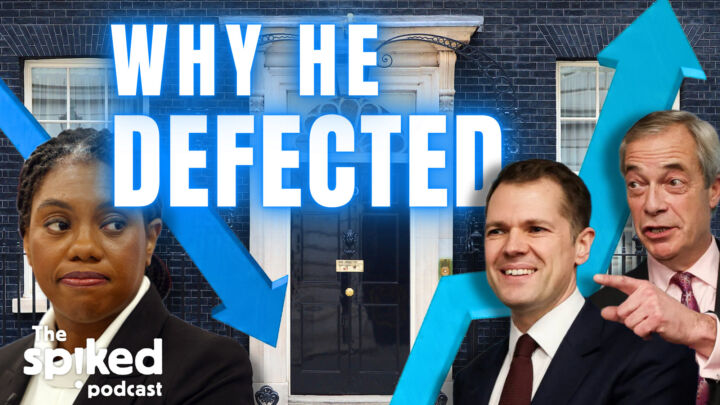
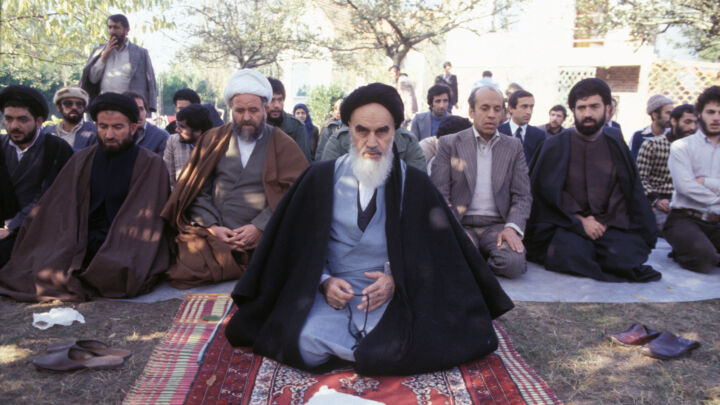
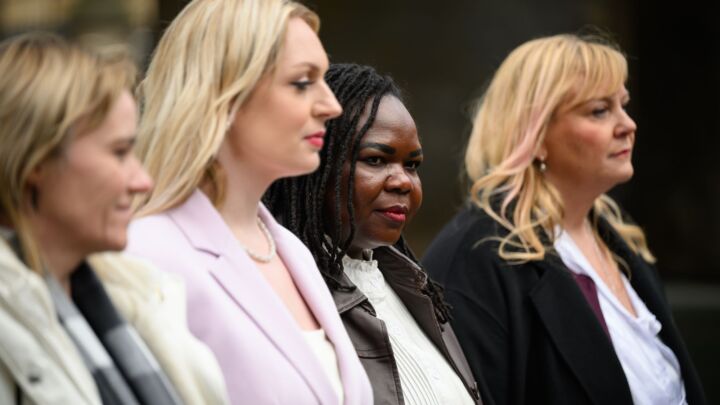

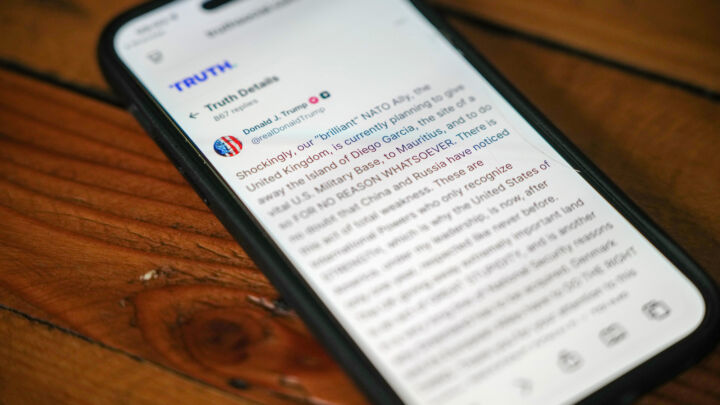
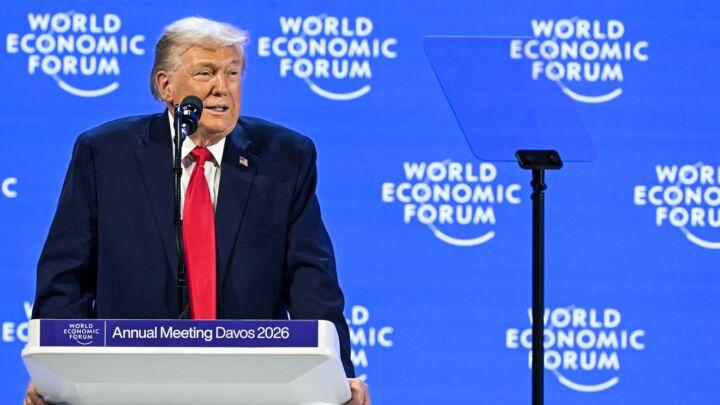
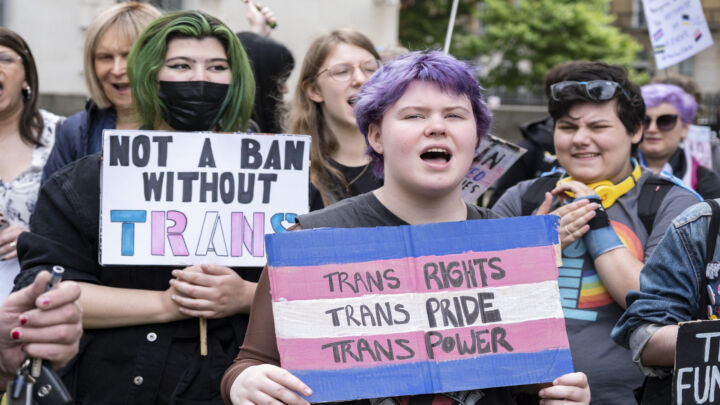



Comments
Want to join the conversation?
Only spiked supporters and patrons, who donate regularly to us, can comment on our articles.